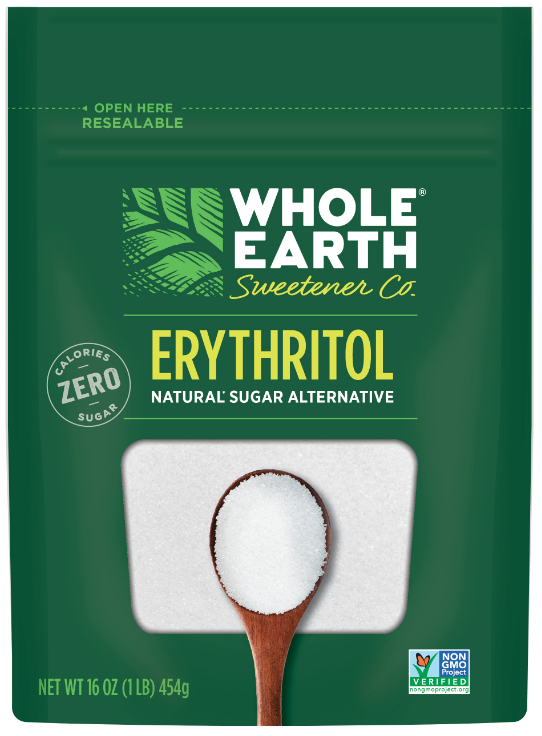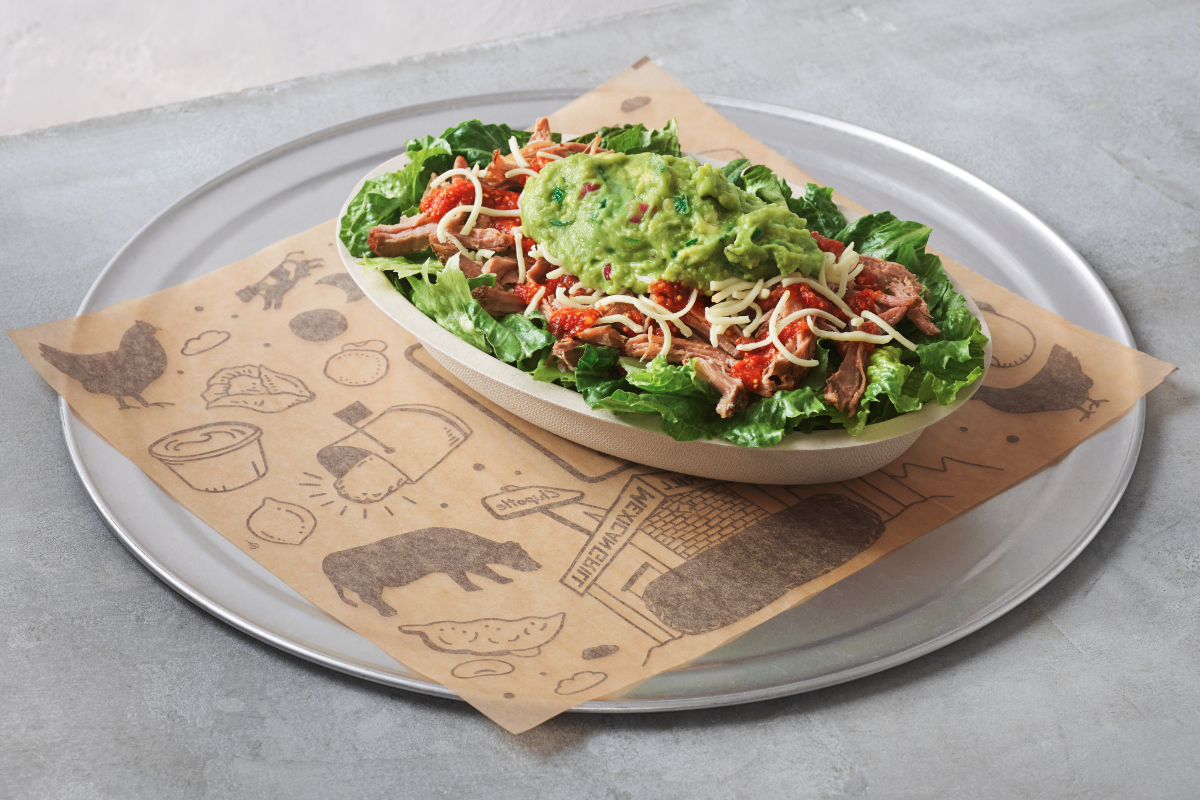 CHICAGO — One in three U.S. consumers indicated they were following a specific diet or eating pattern, according to the 2018 Annual Food and Health Survey from the International Food Information Council Foundation, Washington. Many of these trending nutrition plans put limits on carbohydrate and sugar intake. That is what you get with the ketogenic diet, one of the trendiest topics in today’s food and beverage space.
CHICAGO — One in three U.S. consumers indicated they were following a specific diet or eating pattern, according to the 2018 Annual Food and Health Survey from the International Food Information Council Foundation, Washington. Many of these trending nutrition plans put limits on carbohydrate and sugar intake. That is what you get with the ketogenic diet, one of the trendiest topics in today’s food and beverage space.
The keto diet features approximately 70% fat, 20% protein, and 5% each of simple carbohydrates and non-starchy vegetables. It is a weight-loss regime rather than a long-term lifestyle eating approach, as it does not provide the body with adequate, balanced nutrition.
By eating a lot of fat and very few carbohydrates, the body is forced into a metabolic state known as ketosis. This is when the body burns fat instead of carbohydrates for energy. The liver converts fat into fatty acids and ketone bodies, with the latter traveling to the brain and fueling the body, the traditional role of glucose obtained from carbohydrates. Burning ketones in place of glucose is associated with weight loss, reduced inflammation, sustained energy and other benefits.
The keto diet was identified as the most popular consumer diet for 2019, according to more than 1,300 dietitians surveyed in the 7th annual “What’s trending in nutrition” survey from Pollock Communications, New York and Today’s Dietitian. Keto ousted clean eating from last year’s top spot, with intermittent fasting making its debut as No. 2.
“It’s not that clean eating has declined in popularity,” said Jenna Bell, senior vice-president at Pollock Communications. “We are still seeing the consumer push for cleaner labels and the industry continues their work to deliver it. But what’s different here is that millennial consumers are going beyond eliminating a food group, like cutting gluten, to making more drastic changes that require real lifestyle adjustments.”
 Dietitians who responded to the survey believe consumers are looking for diets that primarily drive weight loss. They agreed that the keto craze will continue in 2019, with consumers significantly reducing carbohydrates, grains and sugar in favor of vegetables, animal fat and meat. What will be next? The dietitians believe the next big diet will be intermittent fasting, with clean eating coming in as third most popular, according to the survey.
Dietitians who responded to the survey believe consumers are looking for diets that primarily drive weight loss. They agreed that the keto craze will continue in 2019, with consumers significantly reducing carbohydrates, grains and sugar in favor of vegetables, animal fat and meat. What will be next? The dietitians believe the next big diet will be intermittent fasting, with clean eating coming in as third most popular, according to the survey.
Many in the industry are looking for consumers to move on from keto, as it is a limiting diet due to its restrictive composition. Many nutrient-dense, healthful foods are avoided, including whole grains, fruits and plant-based products.
“I don’t want keto to die, but rather to evolve,” said Peter Rahal, co-founder, RxBar, Chicago, a business of the Kellogg Co., Battle Creek, Mich., when speaking at Sosland Publishing’s Trends and Innovations Seminar in Chicago, March 27-28. “The faster something becomes popular over a shorter period of time the faster it dies, typically. So, it will die, but I think evolve into something else.”
While it’s trending, however, several marketers are introducing new products with keto branding. Others are being careful to not be exclusive so that when the wave subsides, product does not die on shelf. Many such products are being marketed for their high fat content, or their avoidance of all added sugars. Marketing materials may describe them as keto friendly or they are identified on keto diet social media as permissible products.
Whole Earth Sweetener Company L.L.C., Chicago, is marketing a range of non-sugar sweeteners as being keto-friendly products. This includes stevia and monk fruit blends, as well as a 100% erythritol sweetener.

“Many consumers today are choosing more wellness-focused approaches to their health, as we’ve seen in the rise of the reduced and no sugar, plant-based and keto trends,” said Emily Josephson, senior brand manager. “In fact, 2018 was the first year consumers spent more on natural sugar substitutes than artificial, so we’re focused on developing products that tap into this demand and help consumers maintain their lifestyles without sacrificing on sweetness and flavor.”
Many keto foods and beverages include medium chain triglyceride (M.C.T.) fats. These are inherently concentrated in milkfat and coconut oil and are recognized for assisting the body with breaking down fat.
New York-based Choopoons is introducing a range of new plant-based foods, including Shocolat, an alternative to Nutella and other nut-chocolate spreads in the market. While the formulation is keto friendly, the company is careful to not promote it as a keto food.
“We don’t want to confuse anyone and have them think the products were created for keto dieters,” said Chris Lee, marketing director. “Shocolat is simply a better-for-you spread. Depending on variety, it contains five or six simple, all-natural, high-quality ingredients that you can easily pronounce. It does not contain any refined sugars, no palm oil or additives. It’s naturally sweetened with date syrup and made with the finest cacao.
“One of the ingredients is M.C.T. oil, making the spread a great source of fat,” he said. “However, the product is inconsistent with strict keto dieters, as it contains some carbohydrates (4%).”
Whole milk and high-fat dairy products, while also a source of inherent natural carbohydrates in the form of lactose, are benefiting from the popularity of the keto diet. The high-fat content of refrigerated coffee creamer and whipping cream has these fluid products being consumed by the glassful. Sales of grass-fed butter and ghee are also rising and their use as an ingredient in other products is trending, too.
 Food service is capitalizing on the keto wave by designing menu items that fit the high-fat meal profile. Chipotle Mexican Grill now offers a range of Lifestyle Bowls. The keto bowl is romaine lettuce, carnitas, red salsa, cheese and guacamole.
Food service is capitalizing on the keto wave by designing menu items that fit the high-fat meal profile. Chipotle Mexican Grill now offers a range of Lifestyle Bowls. The keto bowl is romaine lettuce, carnitas, red salsa, cheese and guacamole.
Keto also is sparking out-of-the-box innovation. Focusing on a tagline of “fat isn’t a flaw, it’s our feature,” food science students at the University of Illinois Urbana-Champaign developed Keto Kups, a low-carbohydrate, high-fat, hand-held mini meal.
Keto Kups resemble miniature quiches. The buffalo chicken variety is based on a blend of cheeses and shredded dark meat chicken (higher in fat than white meat) in a crispy, low-carbohydrate crust, with one portion providing 320 calories and containing 28 grams of fat, 13 grams of protein and a mere 4 grams of carbohydrates. The crust incorporates hemp hearts (seeds of the hemp plant that are high in fat and protein), which not only contribute to the keto nutrition profile but also add taste and texture.












